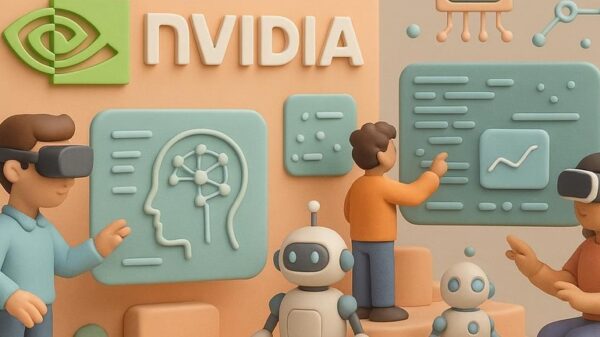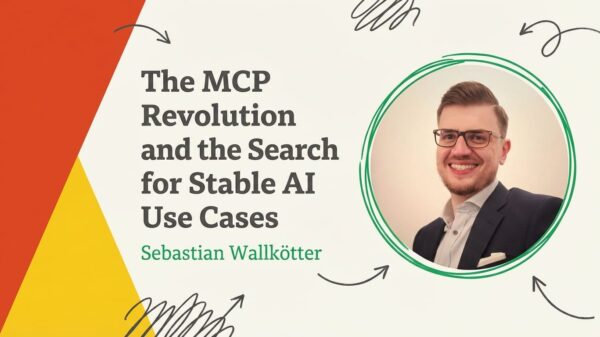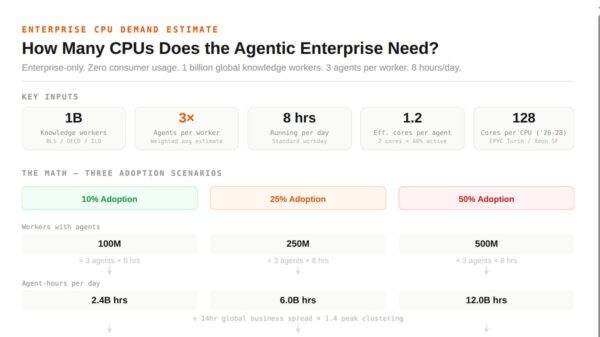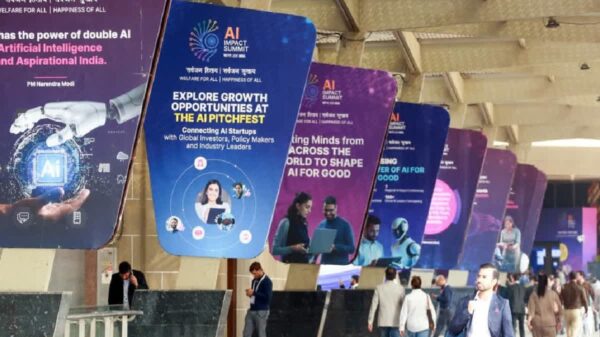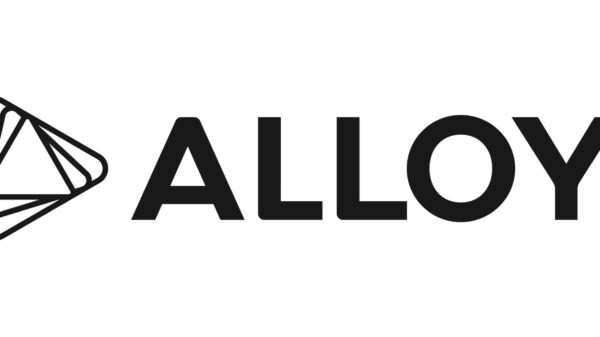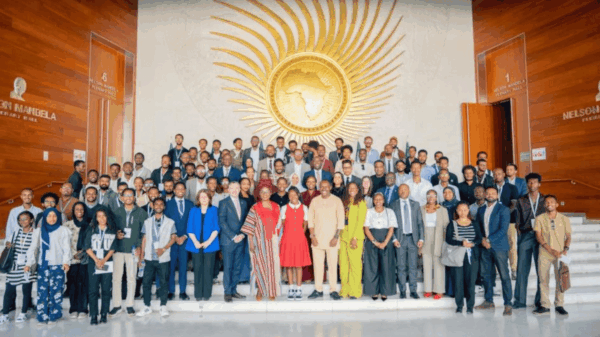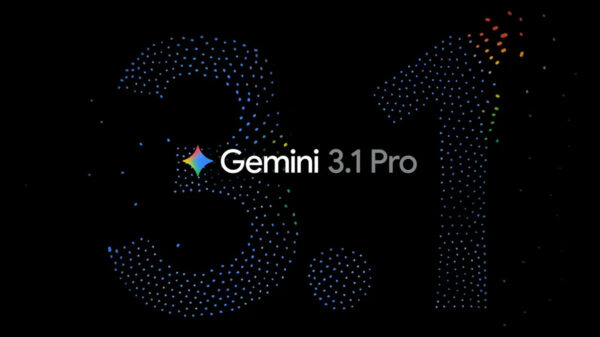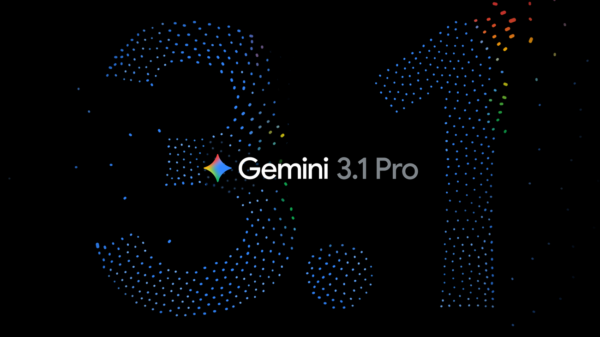As the tech world buzzes with excitement over the latest trends, the term agentic AI has emerged as a key focal point for those in search of the next groundbreaking innovation. This concept, while increasingly popular in marketing pitches and industry discussions, remains somewhat nebulous in its definition, varying significantly depending on who is promoting it. Generally, agentic AI is touted as a significant advancement beyond the capabilities of current generative AI chatbots.
While chatbots are proficient at conversation, information retrieval, and content generation—including text, images, music, videos, and code—they lack the ability to take autonomous actions. In contrast, agentic AI systems are designed to operate independently on behalf of humans, planning, acting, and learning as they navigate tasks.
The interest in agentic AI has surged, as evidenced by a sharp increase in Google searches for the term over the past year, peaking this autumn. Although Merriam-Webster has not officially recognized “agentic,” it denotes the term as a trending slang expression for systems “able to accomplish results with autonomy, used especially in reference to artificial intelligence.”
Defining Agentic AI: Insights from Research
A recent report from researchers at Massachusetts Institute of Technology (MIT) and the Boston Consulting Group sheds light on this emerging technology. The study surveyed over 2,000 business executives globally and categorizes agentic AI as a “new class of systems” that can plan, act, and learn autonomously. According to the MIT Sloan Management Review, these systems are evolving into autonomous teammates, capable of executing multi-step processes and adapting dynamically to changing conditions.
AI chatbots, such as the original ChatGPT launched three years ago, function on large language models that predict the next word in a sentence based on extensive training data. While these chatbots can engage in human-like conversation, they mainly perform word completion tasks.
This is where the vision for AI agents diverges. Swami Sivasubramanian, Vice President of Agentic AI at Amazon Web Services, offers insight into this distinction: “A generative AI-based chatbot will say, ‘Here are the great ideas’ … and then be done. What makes things agentic is that it goes beyond what a chatbot does.” He believes that agentic AI could lead to transformations on par with the advent of cloud computing.
Practical Applications and Future Possibilities
At its core, an AI agent resembles traditional software executing predefined tasks, such as launching applications. However, integrating a large language model allows the agent to leverage knowledge to complete actions autonomously. For instance, rather than merely helping draft an email, an agent could independently manage the entire process—receiving a message, determining an appropriate response, and sending it without further instructions.
Consumers may first encounter agentic AI in areas like online shopping. By setting budgets and preferences, users may allow AI agents to make purchases or coordinate travel arrangements using their credit cards. The long-term hope is that these systems will handle more intricate tasks, operating within a framework established by the user.
Thomas Dietterich, a professor emeritus at Oregon State University, envisions practical applications for agentic AI, such as analyzing medical bills and determining payment options, or acting as a personal shield against spam and phishing attempts. He recognizes some ambiguity around the term “agentic,” cautioning that it should not be misapplied to any computer action, but he is enthusiastic about the potential for AI systems to refine objectives and adapt to new conditions during their tasks.
Dietterich also speculates on a future where numerous agents could collaborate, forming coalitions to execute complex tasks. “Can they form cartels? Would there be law enforcement (AI) agents?” he questions, highlighting both the potential and the challenges of this technology.
The Evolution of the Term “Agentic”
The term “agentic” has gained traction recently, but it is rooted in broader academic discussions, particularly in fields like psychology and chemistry. Milind Tambe, a Harvard professor with 30 years of experience researching collaborative AI agents, notes that the concept of an agent has been debated among computer scientists for decades. “Some software appeared more like an agent, and some felt less like an agent, and there was not a perfect dividing line,” he explains.
This multifaceted dialogue about agency in AI has been championed by prominent figures, including Andrew Ng, co-founder of Coursera, who advocated for the term’s popularization. He appreciates that discussions around “agentic” workflows often stem from technical experts rather than marketing language, increasing the likelihood of substantive content.
As agentic AI continues to evolve, it raises significant questions not just about functionality but also about ethics and regulation. As the technology progresses, it will be essential for both developers and users to navigate the complexities that come with autonomous systems operating in our daily lives.
 Nvidia Partners with Foxconn to Integrate AI into Manufacturing Processes
Nvidia Partners with Foxconn to Integrate AI into Manufacturing Processes Clifford Chance Announces 10% Job Cuts Amid AI Integration in London Services Team
Clifford Chance Announces 10% Job Cuts Amid AI Integration in London Services Team New Book “Governing the Machine” Reveals AI Governance Gaps for Business Leaders
New Book “Governing the Machine” Reveals AI Governance Gaps for Business Leaders FTSE 100 Plummets to One-Month Low Amid Rising AI Bubble Concerns and October Borrowing Spike
FTSE 100 Plummets to One-Month Low Amid Rising AI Bubble Concerns and October Borrowing Spike 82% of African Executives View Agentic AI as Coworkers, MIT Report Reveals
82% of African Executives View Agentic AI as Coworkers, MIT Report Reveals

